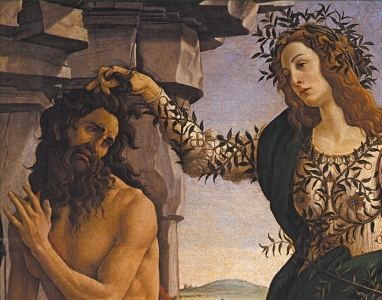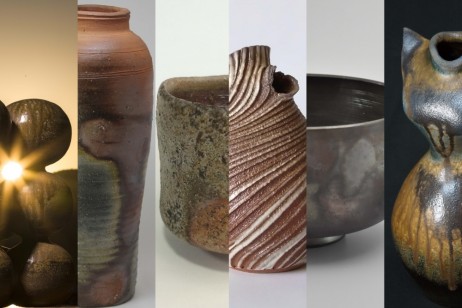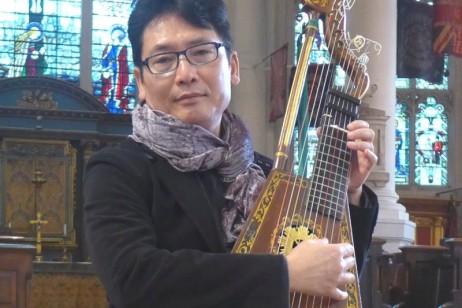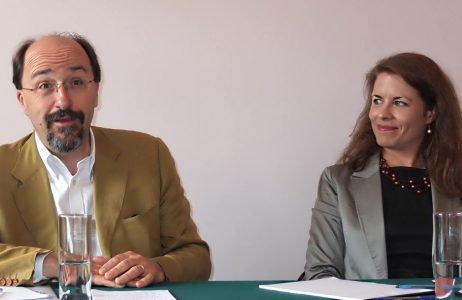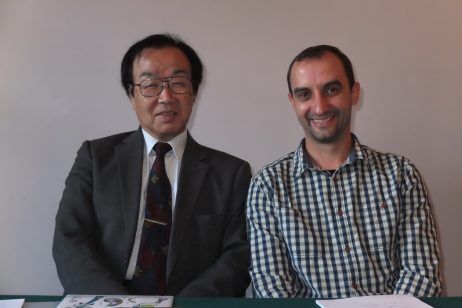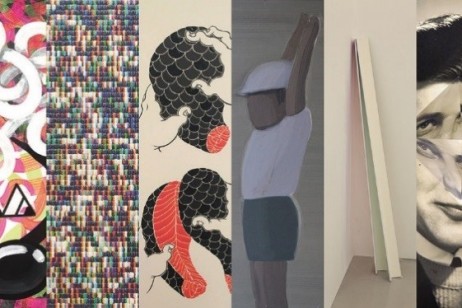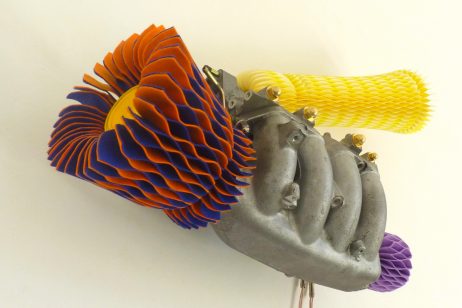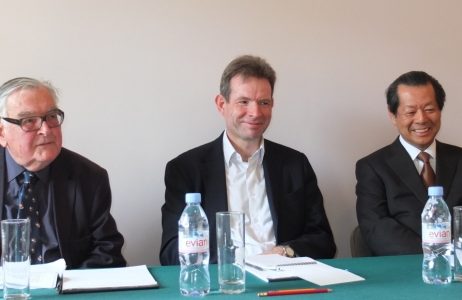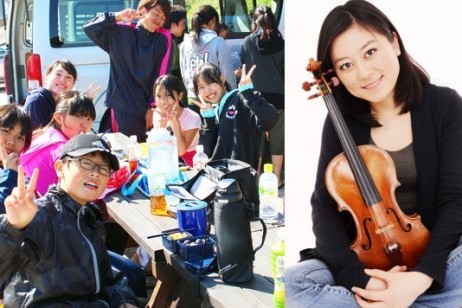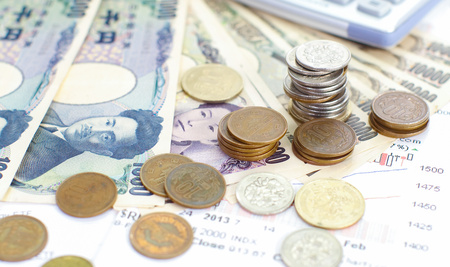29 June 2015
A Method To Draw A Map Of Time
Berlin based artist Youki Hirakawa talked about his oeuvre to date in relation to the main themes that inspire his works. Time and place are two notions of special interest for Hirakawa. Reflecting on the expanded sense of these principal vectors of orientation, he creates poetic works of art that often move us in their singular beauty.
More info
